When is it better to water the garden: in the morning or in the evening?
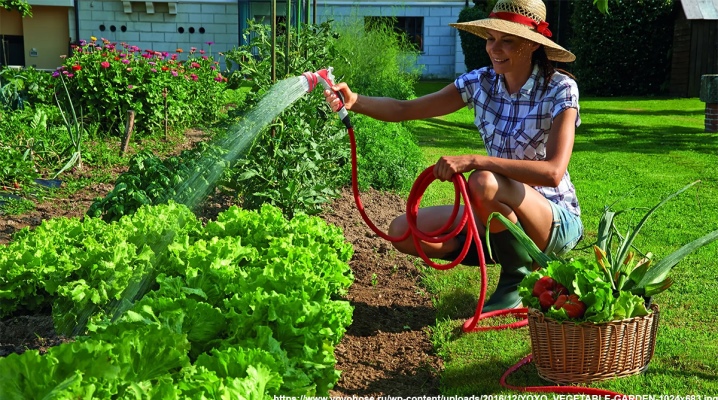
Any plant needs regular watering. Lack of water, like its excess, can lead not only to a deterioration in the quality of the crop, but also to the death of the bushes themselves. To prevent this from happening, they need to be watered on time.
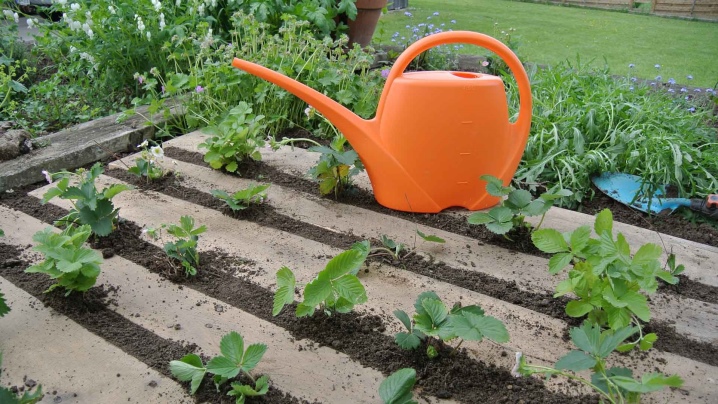
Until what time can you water in the morning?
Watering in the morning has many benefits. It leads to the fact that plants survive the heat well and receive a large amount of minerals throughout the day. If you water vegetables in the morning, they will look great and delight gardeners with their harvest and large green leaves.
The ideal time to water your garden is the last hours before sunrise. You can irrigate plants in the morning until 9 in the morning, while the sun has not yet risen too high. It is especially important to water the garden in the morning on hot days. After all, well-watered plants are more resistant to high temperatures.
You cannot water the beds after lunch. This will lead to burns on the leaves, and the condition of the plants will only worsen. In addition, water at this time will evaporate very quickly, without having time to be absorbed into the soil.
If the bushes growing in the garden seem sluggish during the day, you should wait until the evening, and then combine regular watering with sprinkling in order to "revive" your harvest as soon as possible.
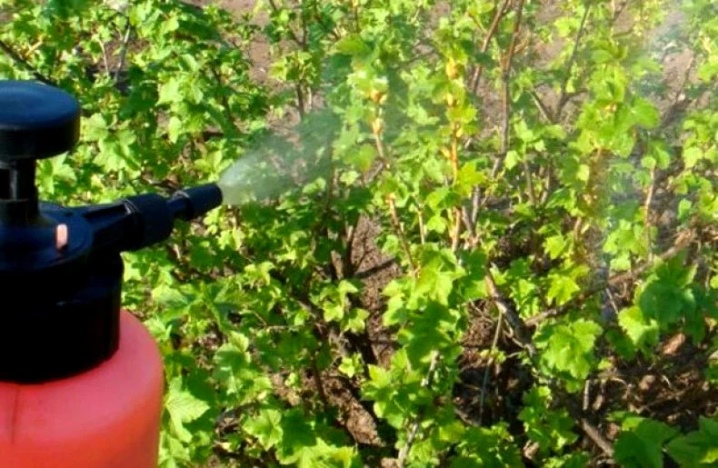
What time to water in the evening?
Evening watering also has its advantages:
-
water is consumed more economically;
-
moisture during the night perfectly nourishes the plant, without evaporating at the same time.
The optimal time for watering the garden is from 6 to 8 pm. Watering the beds after sunset is undesirable. After all, if they are wet after the onset of night coolness, this can lead to the development of fungal diseases and the appearance of slugs on the site.
Less water is used in the evening than in the morning. This is done so that the soil does not swamp. In addition, when watering in the evening, it is recommended to moisten not the bushes themselves, but the soil next to them. It is also worth remembering that if the nights are cold, it is not recommended to water the garden at night. Better to postpone watering until morning.
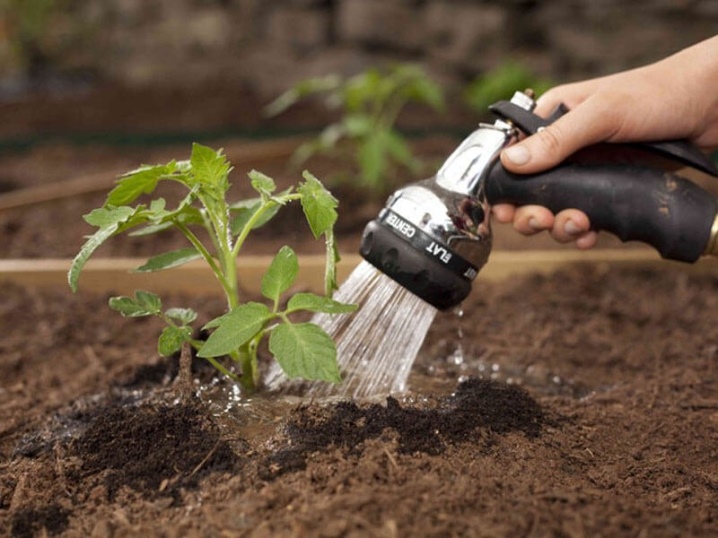
When is the right time to water?
You need to water the beds regularly. In this case, you need to focus on the needs of plants.
-
Cabbage. This plant especially needs watering. If a plant suffers from thirst, it is actively attacked by pests. It is best to water the cabbage in the evening. Sprinkling is recommended in hot weather. In a cool place - water the plant at the root. Before harvesting, cabbage does not need frequent watering.
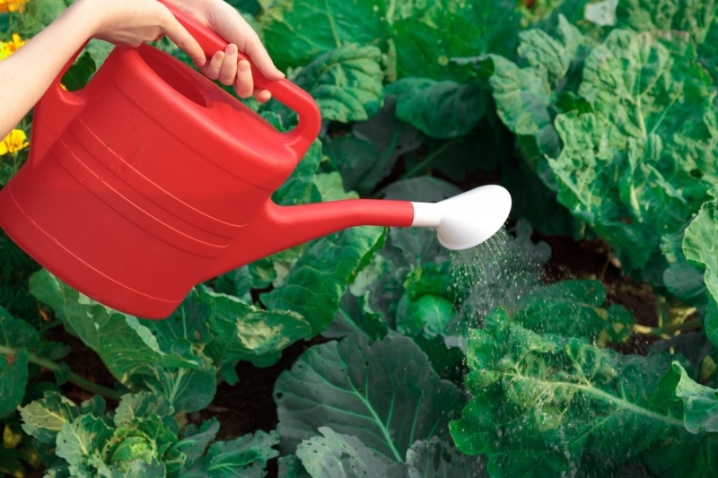
- Tomatoes. It is advisable to water the tomatoes 4-5 hours before sunset. If you do this later, then the plants can be affected by fungal diseases. In order for the tomatoes not to crack and grow large and juicy, they must be watered regularly. It is best to pour water at the root. When watering over the leaves, there is a high risk of developing diseases.
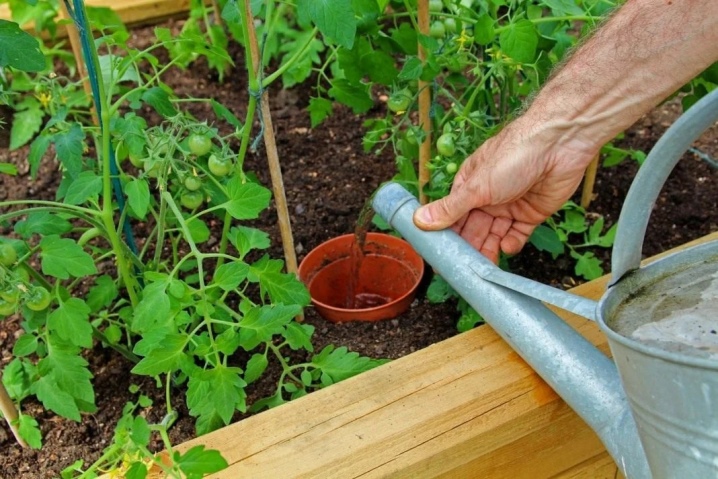
- Pepper. This moisture-loving plant must be watered with warm water. This is best done in the morning. About 15-20 bushes usually take about a bucket of water. They need to be watered every 2-3 days.
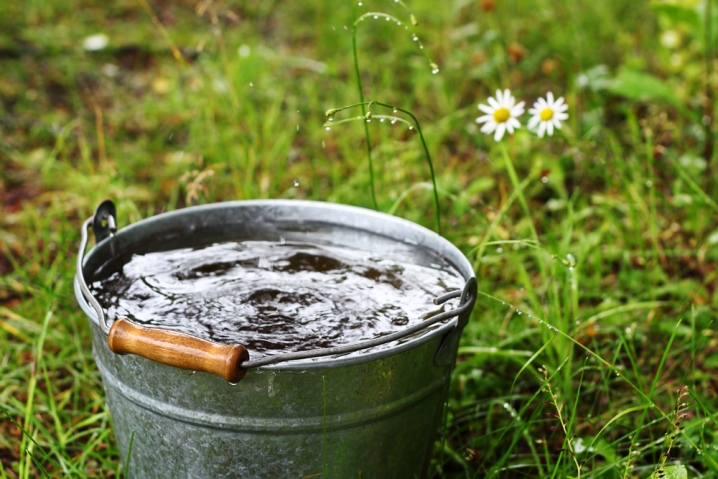
- Eggplant. In hot weather, this plant should be watered both in the morning and in the evening. The bushes should be irrigated with warm water from a watering can. In cold weather, you can do without watering.
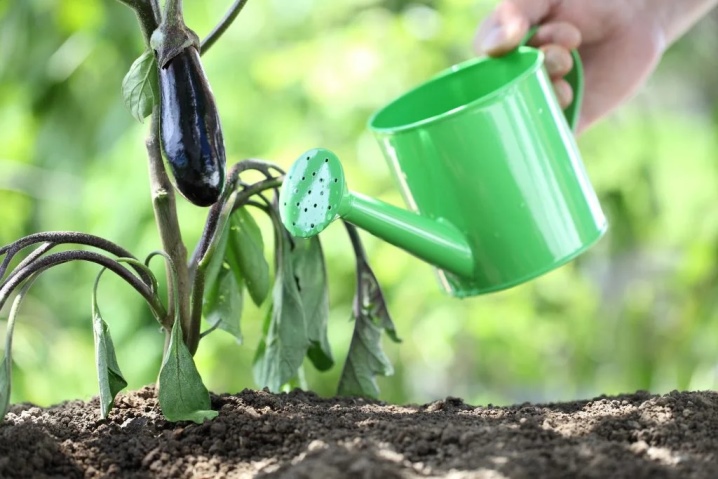
- Cucumbers. In warm weather, cucumbers are usually watered in the afternoon. This is best done at 5-6 pm. If the nights are cold, it is recommended to water the plants in the morning.
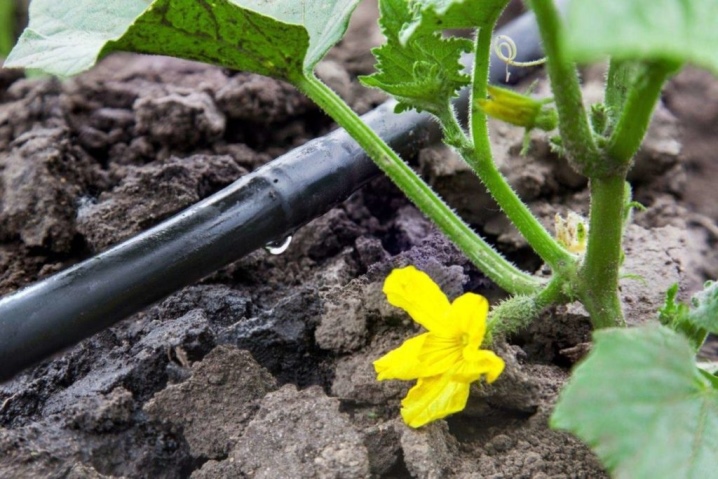
Root vegetables, garlic, onions, squash, pumpkin and other plants can be watered in the morning and in the evening. The irrigation rate for all crops in different growing seasons is different. This must also be taken into account when caring for the garden.
It is also important for summer residents to remember that plants in greenhouses dry faster than those that grow in the ground. Therefore, it is recommended to water them 2 times a day.
After watering, the room should be ventilated for at least a couple of minutes. It is recommended to use warmer water to irrigate the plants in the greenhouse.
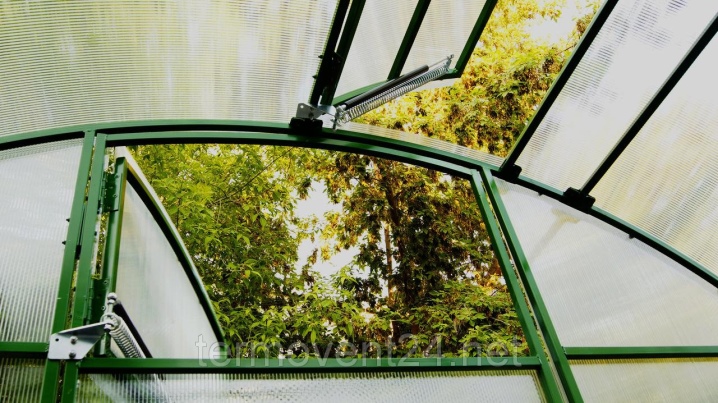
In order for plants to get the most out of watering, you need to follow the advice of experienced gardeners.
-
A soil crust must not be allowed to form on the ground. To do this, it must be regularly loosened before watering. Do this carefully so as not to damage the root system. If done correctly, vegetables will receive enough oxygen and thrive.
-
In hot weather, plants need to be watered more often than in cool weather. In addition, it is worth remembering that good rain may well replace watering for plants.
-
Areas with clayey soils require less irrigation. But light sandy soils dry out quite quickly.
-
Do not water the plants often and little by little. So the moisture will evaporate, not having time to flow to the roots. This promotes the growth of weeds, not vegetables. Therefore, it is best to water the plants less frequently, but in large quantities. It is important that moisture goes deep to the roots. In this case, the plants will be healthier and stronger.
-
It is impossible to allow waterlogging of the beds. Dry, wet foliage and yellow leaf tips are signs that the plant is getting too much moisture and may die.
-
In order for water to stay in the soil longer, the earth can be mulched. Even a small layer of mulch will prevent moisture from evaporating from the soil. In addition, it will not let the roots overheat.
-
To prevent the plants from getting sick, do not water them with cold water. Its temperature should be within + 15 ... 25 degrees. If the plants are watered in the morning, the water should be harvested in the evening. It can be stored both in buckets and in barrels. During the night, the water will have time to settle and reach a comfortable temperature for watering the plants. Many gardeners prefer to water their plot with harvested rainwater.
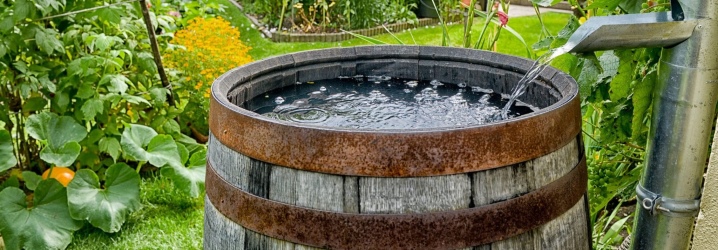
Owners of a large garden can install an automated irrigation system on their site. This will save time and provide the garden beds with the right amount of moisture.
To summarize, we can say that plants can be watered at different times of the day. The main thing is not to do it during the day when the sun is high. Indeed, in this case, there is a chance to harm your garden.
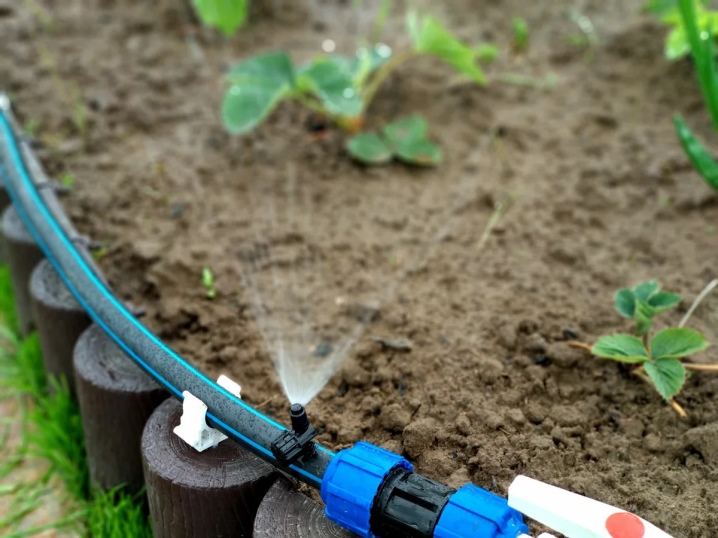
For tips on watering your garden, see the next video.













The comment was sent successfully.